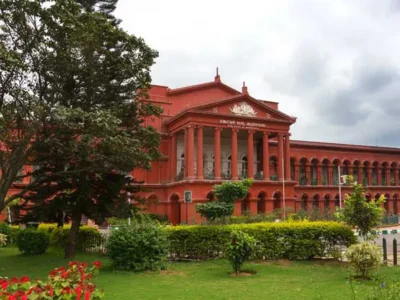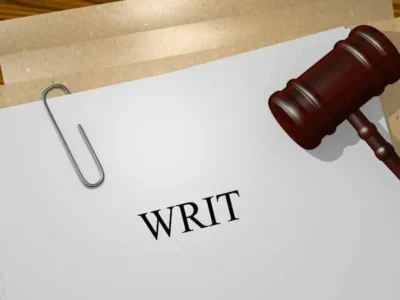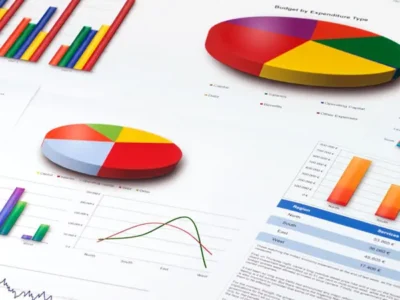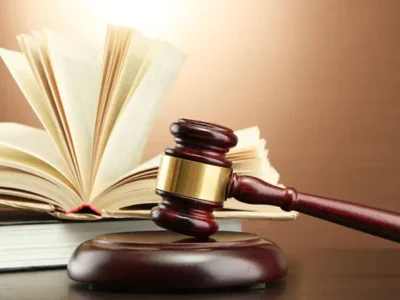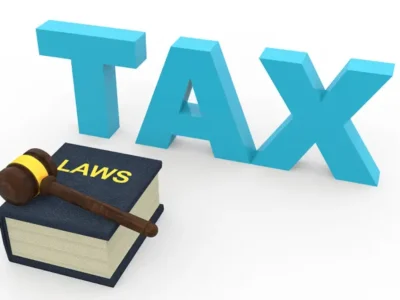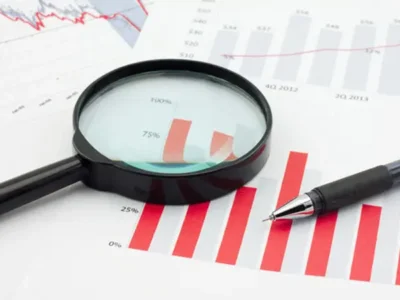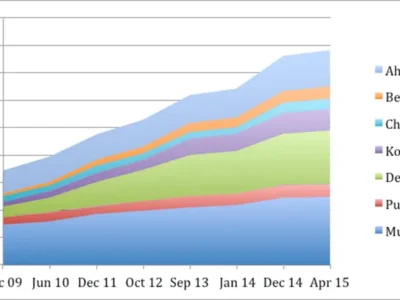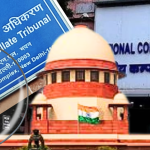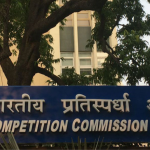A Close Look at Karnataka High Court
It’s been a while since we’ve taken a close look at our ever-growing data, and we’re back with a small analysis of the Karnataka High Court.
The Right to a Writ
It’s been a couple of weeks since I wrote the introductory piece to this post, a ready reckoner to the right to constitutional remedies under the Indian constitution.
Legal Numbers
Numbers. You wouldn’t think that we lawyers have much to do with them. You’d be surprised. As an Indian lawyer, I can safely say there is a string of numbers drilled so deep into my brain, I couldn’t forget them if I tried. They are an odd jumble of facts and figures. Sometimes they are years, for instance 1872 – the year the Indian Contract Act came into existence.
Making Bricks Without Clay: The Difficulties With Obtaining Data in Studying Indian Courts
In the Bible, when Moses and Aaron demand that the Pharoah free the Jewish people living in Egypt, Pharaoh not only refuses but imposes a cruel and perverse rule upon the Jewish workers: they must now meet their daily output of bricks without the daily supply of straw (a key binding agent for bricks) by the Egyptian rulers.
Land and the Courts
I read today that months and months after unsuccessful attempts by the ruling party in the Parliament to push the ordinance on the land acquisition act, the Prime Minister has announced that it will be dropped.
How Cases Move Through Different High Courts
A wide variance exists between how a case progresses through various high courts (HCs), according to a study by Bengaluru-based non-governmental organization (NGO) Daksh aimed at understanding how delays take place in the judicial system and how they affect the delivery of justice.
How Much of the High Courts’ Pendency Pertains to Tax Cases?
Legal reform debates and discussions need to be substantiated by a rigorous analysis that is supported by data. And the first step in that process is to ensure that related data and information is available for a meaningful analysis out.
Towards a Report on the State of the Judiciary in India – Part II
In the initial stages of our work, we decided to work towards a comprehensive report on the state of the judiciary in India. For this we invited a range of lawyers, academics and experts in public policy for a consultation.
Towards a Report on the State of the Judiciary in India – Part I
In the initial stages of our work, we decided to work towards a comprehensive report on the state of the judiciary in India. For this we invited a range of lawyers, academics and experts in public policy for a consultation.
Measuring Tax Courts
As cases continue to pile up in the courts, there is an urgent need for civil society to come up with ways and means of measuring the judiciary’s performance and to analyse the root causes for such delays.

